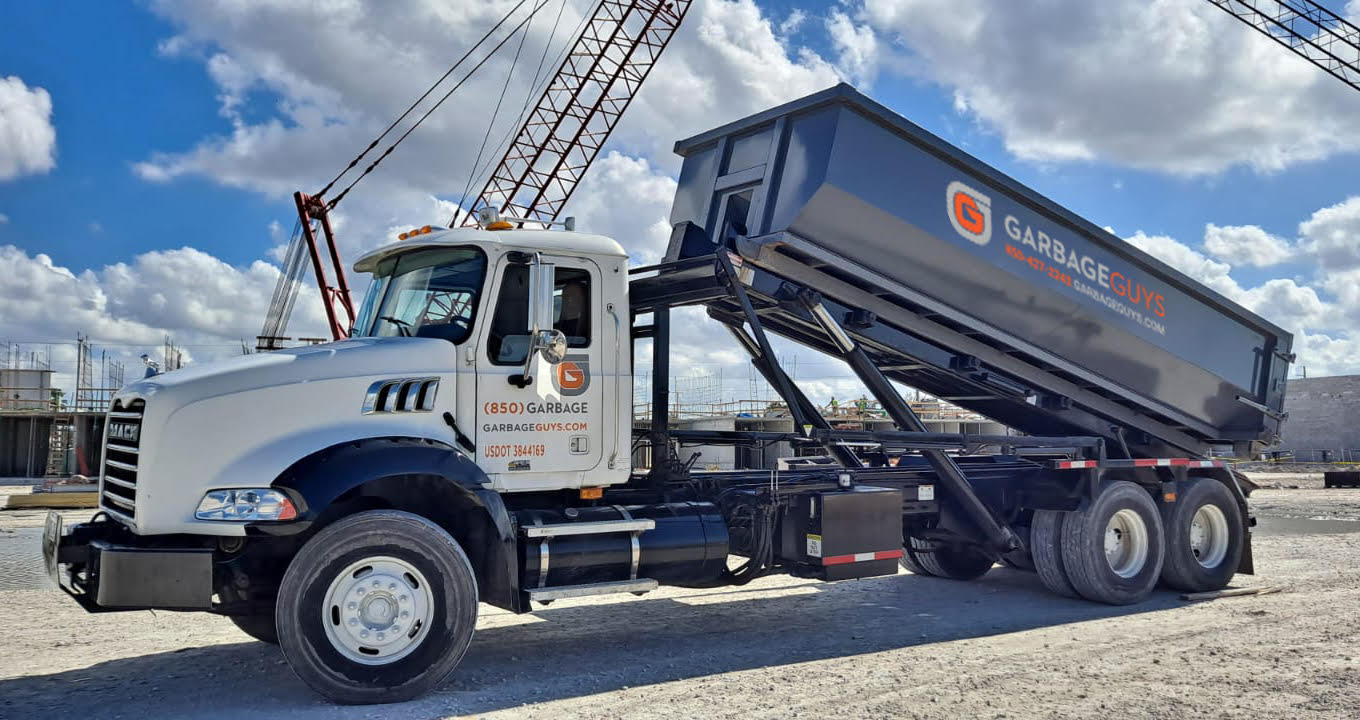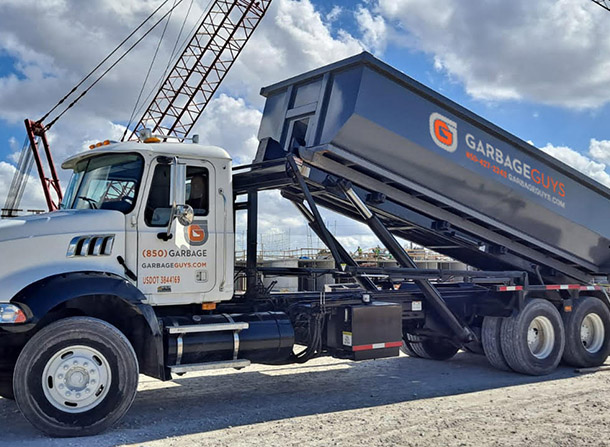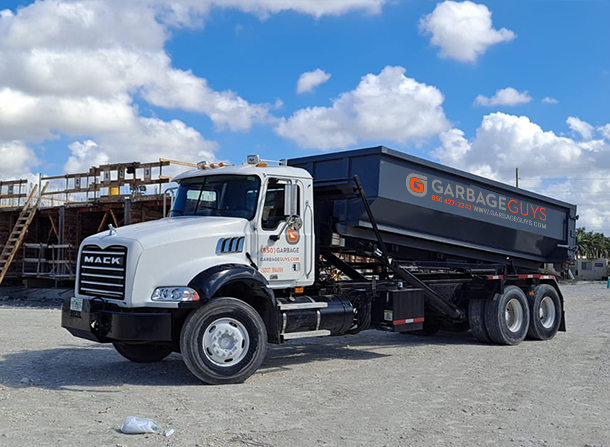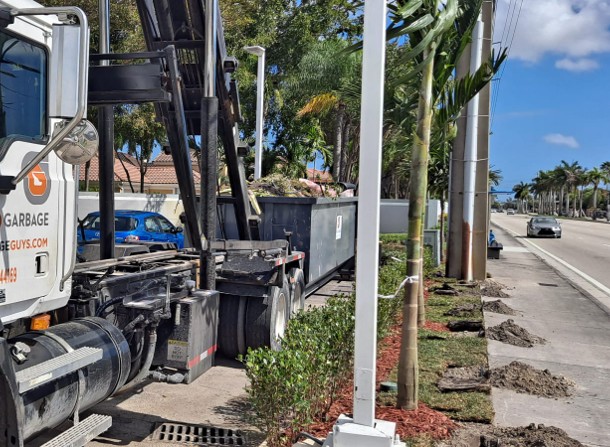
One of the most important factors to consider when renting a dumpster is its size. Choosing the right dumpster size can help you avoid overfilling or underutilizing the space and minimize your costs and environmental impact. Here is an ultimate guide to choosing the right dumpster size for your project:
- Determine the Type and Volume of Waste
The first step in selecting a dumpster size is to assess the type and volume of waste you will generate. For example, if you are doing a home renovation project, you may have large items like appliances or furniture and construction debris like drywall or tiles. If you are doing a landscaping project, you may have organic waste like branches or leaves. Knowing the nature and amount of waste can help you estimate the necessary dumpster capacity.
- Consider the Project Size and Duration
Another factor to consider is the size and duration of the project. A smaller project may require a smaller dumpster, while a larger one may need a bigger one. Additionally, if the project lasts for several days or weeks, you may need a dumpster with a longer rental period or a pickup schedule that aligns with your needs.
- Choose the Right Dumpster Size
Once you clearly understand your waste volume and project requirements, you can choose the right dumpster size. Dumpster sizes are typically measured in cubic yards, ranging from 10 to 40 yards. Here are some common dumpster sizes and their typical applications:
- 15-yard dumpster: Ideal for small residential projects, such as decluttering, cleaning out a garage, or removing landscaping waste.
- 20-yard dumpster: Suitable for larger residential projects, such as a kitchen or bathroom renovation, or for smaller commercial projects, such as small-scale construction or remodeling.
- 30-yard dumpster: Best for mid-sized commercial or industrial projects, such as larger construction or demolition jobs, or for bulky items like furniture or appliances.
- 40-yard dumpster: Reserved for large-scale commercial or industrial projects, such as major construction or demolition, or for projects generating significant waste.
Remember that these are general guidelines, and your needs may vary based on your project and location. Consult with your dumpster rental company to determine the most appropriate size for your project.
- Maximize Your Space
Once you have selected the right dumpster size, you can maximize its space to get the most out of your rental. Consider using techniques such as compacting waste or breaking down large items to fit more into the dumpster. You can also choose a dumpster with a side door or walk-in ramp for easier loading and unloading, or stack items carefully to use vertical space.
- Properly Dispose of Your Waste
Finally, it is important to properly dispose of your waste to minimize your environmental impact and comply with local regulations. Ensure you understand what materials are allowed in the dumpster and what items must be disposed of separately. For example, hazardous materials like chemicals or batteries may require special handling or disposal. Following proper waste management practices ensures that your project is environmentally responsible and socially conscious.
- Consider Recycling Options
In addition to proper waste disposal, you may also want to consider recycling options for your project. Many dumpster rental companies offer recycling services for materials such as metal, wood, or cardboard, which can reduce your environmental impact and potentially save you money on disposal fees. Be sure to inquire about recycling options when choosing a dumpster rental company, and ensure that any recyclable materials are properly separated from other waste.
- Plan for Unexpected Waste
While it is important to estimate your waste volume and project requirements as accurately as possible, it is also wise to plan for unexpected waste. This can include unforeseen materials or debris that arise during the project or simply underestimating your initial waste volume. When selecting a dumpster rental company, ask about their policies for additional pickups or extended rental periods if you need extra capacity.
- Consider the Dumpster Placement
Finally, it is important to consider the placement of your dumpster to ensure safe and convenient access. Factors such as proximity to the work area, potential obstacles like overhead power lines or trees, and accessibility for delivery and pickup trucks should all be considered. Communicate any specific placement instructions to your dumpster rental company to avoid complications or delays.
Following these guidelines, you can choose the right dumpster size and maximize your rental value for any project. Proper waste management and recycling practices can reduce your environmental impact and save you time and money in the long run. Be sure to choose a reputable and reliable dumpster rental company that can provide guidance and support throughout the process. Enjoy the peace of mind that comes with effective waste management.



